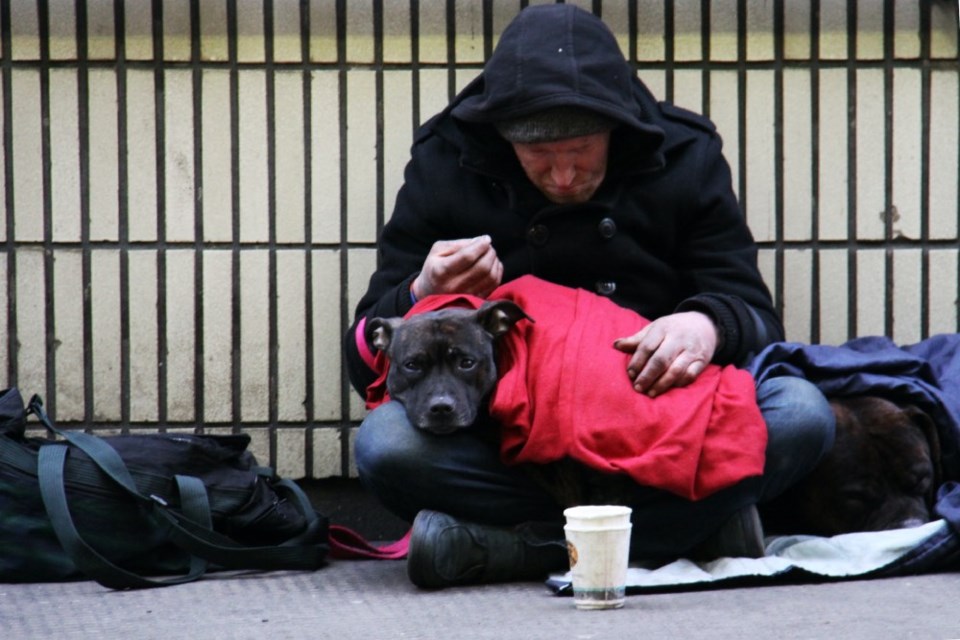When I moved to Victoria, more than 12 years ago now, I believed that it was fundamentally safe. There was so little violent crime. No place is always safe, of course, and living is inherently risky, but of all the places one could live, Victoria seemed a good choice.
Over the last several years that sense of relative safety has diminished. Read the headlines in the Times Colonist and CBC news each day and the litany of random acts of violence (often against strangers) seems and feels ubiquitous. What is going on? Why are people attacking people they don’t know and for absolutely no reason? What is at the root of these unprovoked attacks?
The adage, “Desperate times call for desperate measures”, comes to mind. The level of despair and sense of helplessness and struggle is so high for so many, and the supports needed are often too little, too late or too hard to access. It shows in the statistics of violent crime, in opioid deaths, in people living on the streets, and in the severe mental health crisis we see in our youth and across so many populations. How has it come to this? Did the pandemic exacerbate problems that were already growing, or create new problems, or both?
Whatever the causes, as a minister in progressive faith tradition, I look to the long arc of human history, and the teachings of all the world’s great religious traditions which seem unanimous in their conviction that we should offer care and compassion to those on the margins. All faiths ask us to consider what we owe one another and what might be asked of us in order to try to create a world in which all people feel they have a place, a world in which current and future generations can feel at home (in their bodies, in their lives, and on a planet we all care for).
As I read the major traditions of religious belief over the millennia, they have all asserted that living in human community is hard, and that to do so well requires us all to do some giving and sacrificing. We have to give some things up in order for others to have more of a chance at a life that is anything more than bearable. I find it a good spiritual practice to regularly ask myself, “What am I willing to do without in order to give back to the common good?” The spiritual challenge, as opposed to the political one, asks us not to think about policy changes, but personal actions and choices. What does compassion look like? What does it mean to live a life of meaning? How do I ensure that my life choices are truly aligned with my values? How do I live in a way that makes room for others to thrive? How can I be a good ancestor to those who will follow me?
Many of the headlines of the day feature harshness and cruelty and fear. People are being injured and even losing their lives because they are misunderstood, feared, or seen as the enemy. A spiritual realignment would invite us to try to see the struggles for what they are - a person doing what they can in a set of circumstances that have been working against them.. How might things be different if our capitalist economy didn’t draw such strong distinctions between “winners and losers”? How different might things be if we saw whole people and complex lives worthy of care.
Rev. Shana Lynngood serves as Co-Minister of the First Unitarian Church of Victoria. She and her wife and two children have lived as settler/guests in Victoria since 2010. When not deeply engaged with work, Rev. Lynngood is likely to be found reading poetry, listening to music, or walking outside to soak in the beauty of the land and sky and sea and creatures with whom we share this part of the planet.
You can read more articles on our interfaith blog, Spiritually Speaking, at https://www.timescolonist.com/blogs/spiritually-speaking
* This article was published in the print edition of the Times Colonist on Saturday, May 20th 2023



